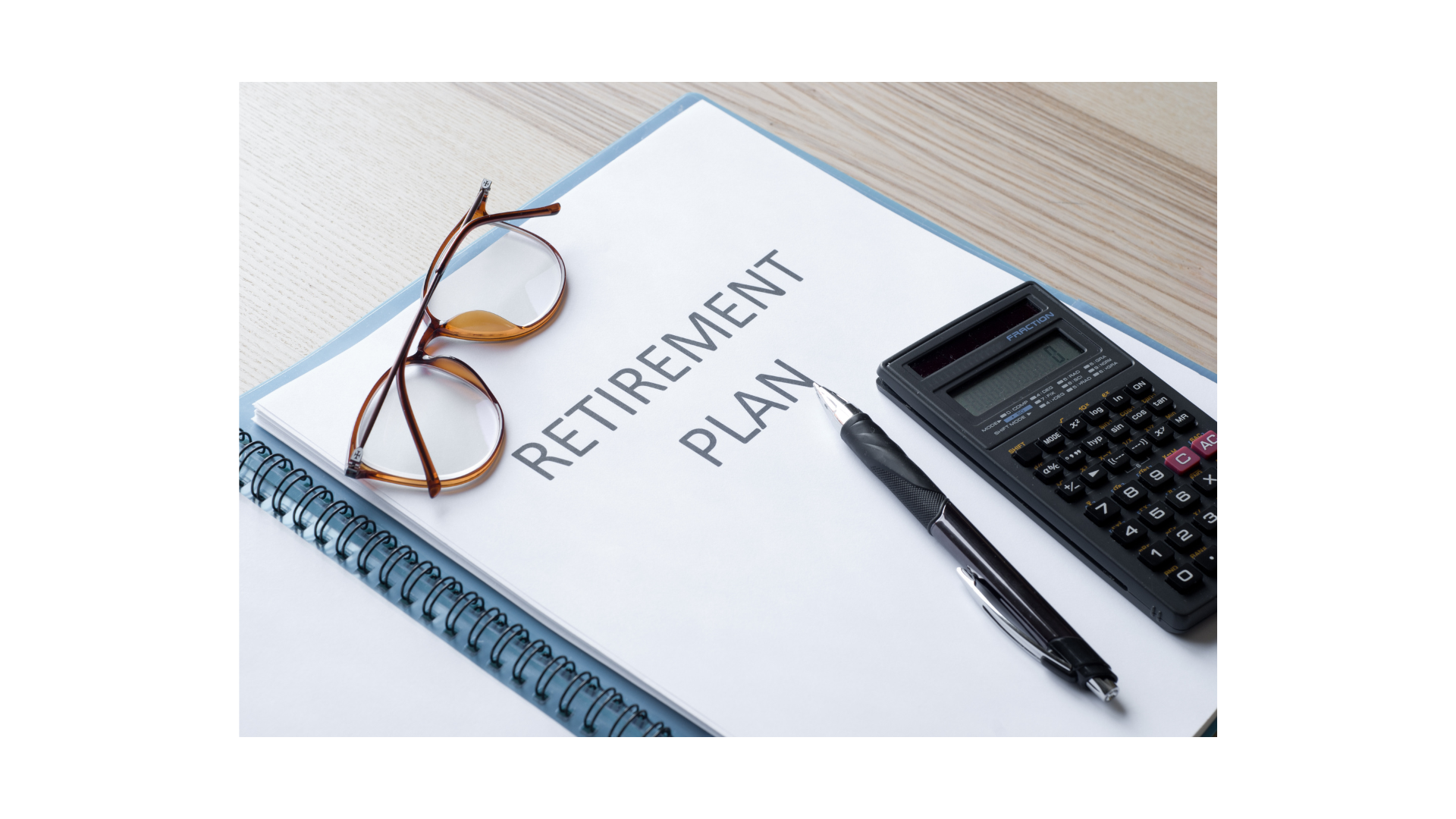Ways to Maximize your 401k
Ways to Maximize your 401(K)
A 401(k) account is one of the most valuable tools for saving and planning for retirement. Many plans offer features that can help you set aside more of the money you earn for retirement and grow wealth for your financial future.
Contribute as much as you can.
These days, it’s customary for many 401(k) plans to set default contribution rates for participants. While these defaults can help savers who are new to retirement planning, eventually you should save more if you are able to - up to 10-15% of your salary, according to many financial planners. There are hard-dollar limits to how much you can contribute to a 401(k) in a calendar year, but these limits are higher for workers who are over age 50.
Get the full amount of company match.
If your employer matches a portion of your 401(k) contributions, you should contribute enough to get all of this money. Plan rules may not let you take all this money if you leave your job before you’re vested, so it’s important to know the vesting schedule for matching contributions.
Make after-tax contributions, if available.
Many 401(k) plans permit after-tax contributions, so you can save more toward retirement above the annual contribution limits. After-tax contributions grow tax deferred while inside the 401(k), but the full amount of the withdrawals (principal and earnings) will be taxed as ordinary income. A better option for after-tax contributions is a Roth 401(k), if offered by your employer. All money you withdraw from a Roth 401(k) is tax-free, as long as the withdrawals meet certain conditions.
Consider increasing your contribution rate every year.
Many people find saving in a 401(k) easy because contributions come out automatically from their paychecks, before they’re able to spend these earnings. The more you can make saving automatic, the better off you’ll be. For example, consider automating your contribution increases, raising the portion of your pre-tax that’s contributed to your 401(k) by 1 percentage point every year.
Avoid loans and early withdrawals.
Taking money out of your 401(k) before retirement means you erase all the good progress you’re making toward your financial future. While it may be tempting to tap these funds in times of emergency, first consider other options such as cutting spending, consolidating debt and using short-term savings accounts. Once you start digging a hole in your 401(k) through borrowing and early withdrawals, it can be difficult to get yourself back to where you were.
Distributions from 401(k) plans and most other employer-sponsored retirement plans are taxed as ordinary income and, if taken before age 59 1/2, may be subject to a 10% federal income tax penalty. Generally, once you reach age 73, you must begin taking required minimum distributions. This material is for general information only and is not intended to provide specific advice or recommendations for any individual. There is no assurance that the views or strategies discussed are suitable for all investors or will yield positive outcomes. Investing involves risks including possible loss of
principal.
Securities offered through LPL Financial, Member FINRA/SIPC. Investment advisory services offered through Global Retirement Partners, LLC dba AssuredPartners Financial Advisors, an SEC registered investment advisor. AssuredPartners Financial Advisors and LPL Financial are separate non-affiliated entities.











